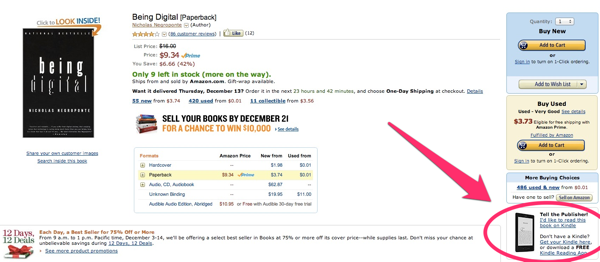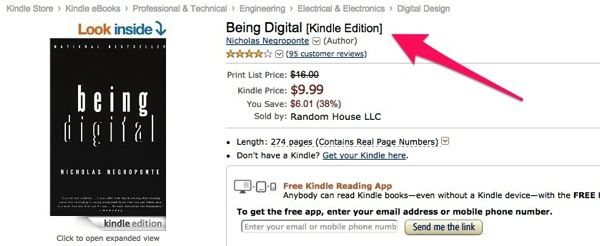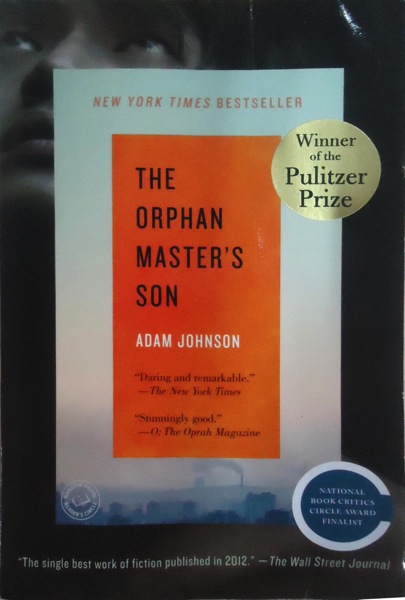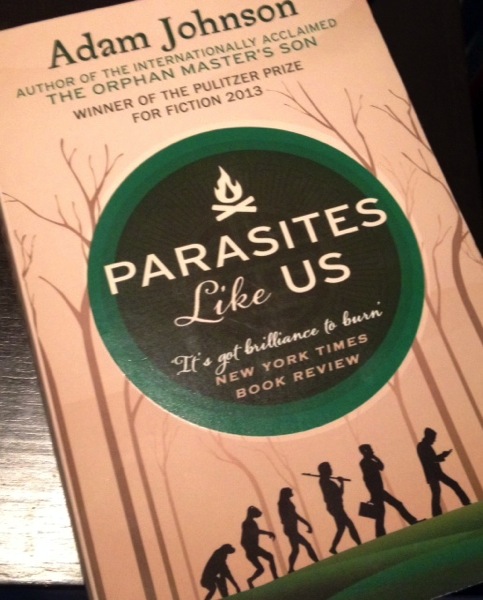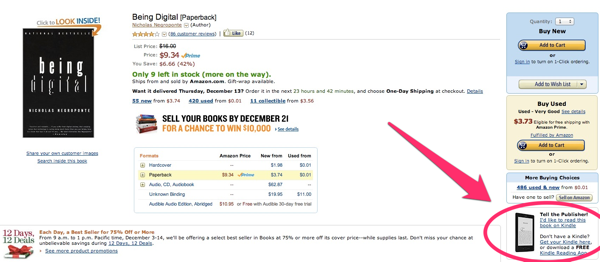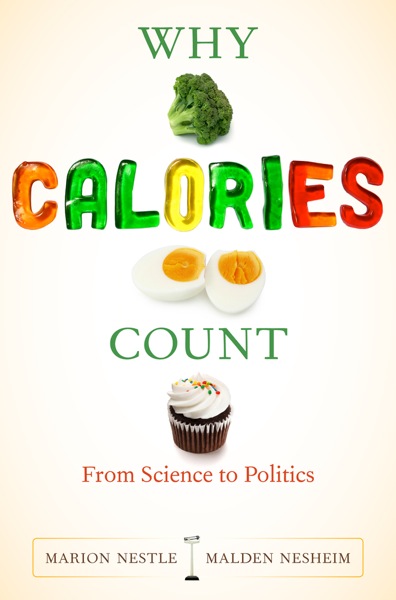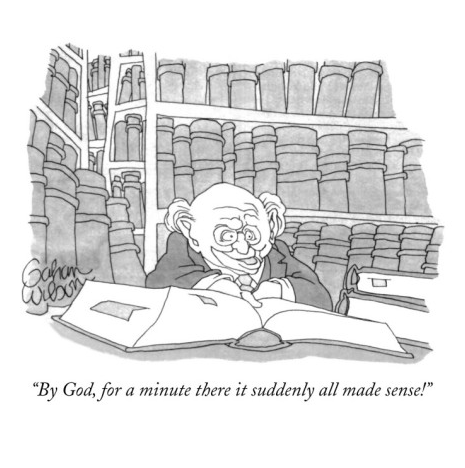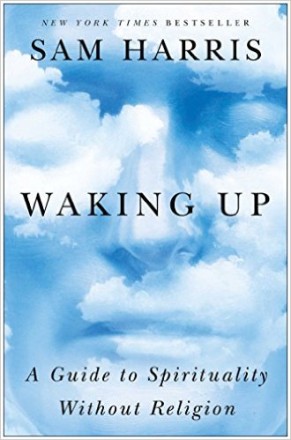 Book: “Waking Up”
Book: “Waking Up”
I read a lot of really great books this year, most of which were published prior to 2015.
The one that comes closest to qualifying for this list, however, since it was published in late 2014, is Sam Harris’s Waking Up: A Guide to Spirituality Without Religion.
Harris, a neuroscientist, illustrates that our perception of the world quite literally dictates the quality of our lives. He discusses eastern and western religions, consciousness, the illusion of the self, meditation, gurus, and psychedelic drugs.
“Our minds are all we have,” he writes early on in the book. “They are all we have ever had. And they are all we can offer others.”
Highly recommended.
Album: “Meamodern Sounds in Country Music”
 Again, I’m kind of cheating here. Sturgill Simpson’s “Metamodern Sounds in Country Music” came out in mid-2014. But it’s too good to ignore. I blogged about it back in February.
Again, I’m kind of cheating here. Sturgill Simpson’s “Metamodern Sounds in Country Music” came out in mid-2014. But it’s too good to ignore. I blogged about it back in February.
Unfortunately, it’s not available on Spotify — my current pick for music streaming given Rdio’s demise and my brief but ultimaely ill-fated dalliance with Apple Music — but you can listen to it on Amazon or YouTube.
Movie: “Star Wars: The Force Awakens”
 Serious “Star Wars” nerds may have their quibbles. But as a casual fan — as in, I like the movies, I really do, but I don’t live or die by them — I found “The Force Awakens” to be thrilling and fun.
Serious “Star Wars” nerds may have their quibbles. But as a casual fan — as in, I like the movies, I really do, but I don’t live or die by them — I found “The Force Awakens” to be thrilling and fun.
It’s great to have the crew back again.
TV show: “Fargo”
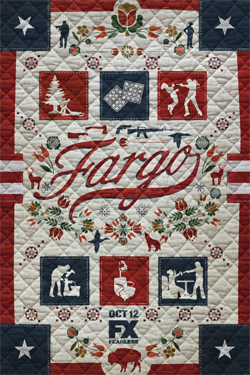 Holy shit, “Fargo.”
Holy shit, “Fargo.”
Season one was fantastic. And so was season two, which just concluded.
It seems crazy, the idea of replicating, for TV, the setting (mostly) for one of the finest films ever made. But it works. And there’s more to come!
Goal: Messi vs. Athetic Bilbao
Okay, so a goal represents the greatest achievement in the world’s greatest game (except for saving a penalty), and isn’t a piece of media, exactly. But it kind of is, when it’s reproduced. Like it is here. I don’t care.
THAT MESSI GOAL against Atheltic Bilbao, which I mentioned back in June, was outrageous:
Save: David De Gea vs. Everton
Again, we have to go back to late 2014, but it’s worth it.
As I blogged at the time, De Gea was exceptional against Everton. The save he pulls off at the one minute mark here is just…I’m speechless.
What a year.
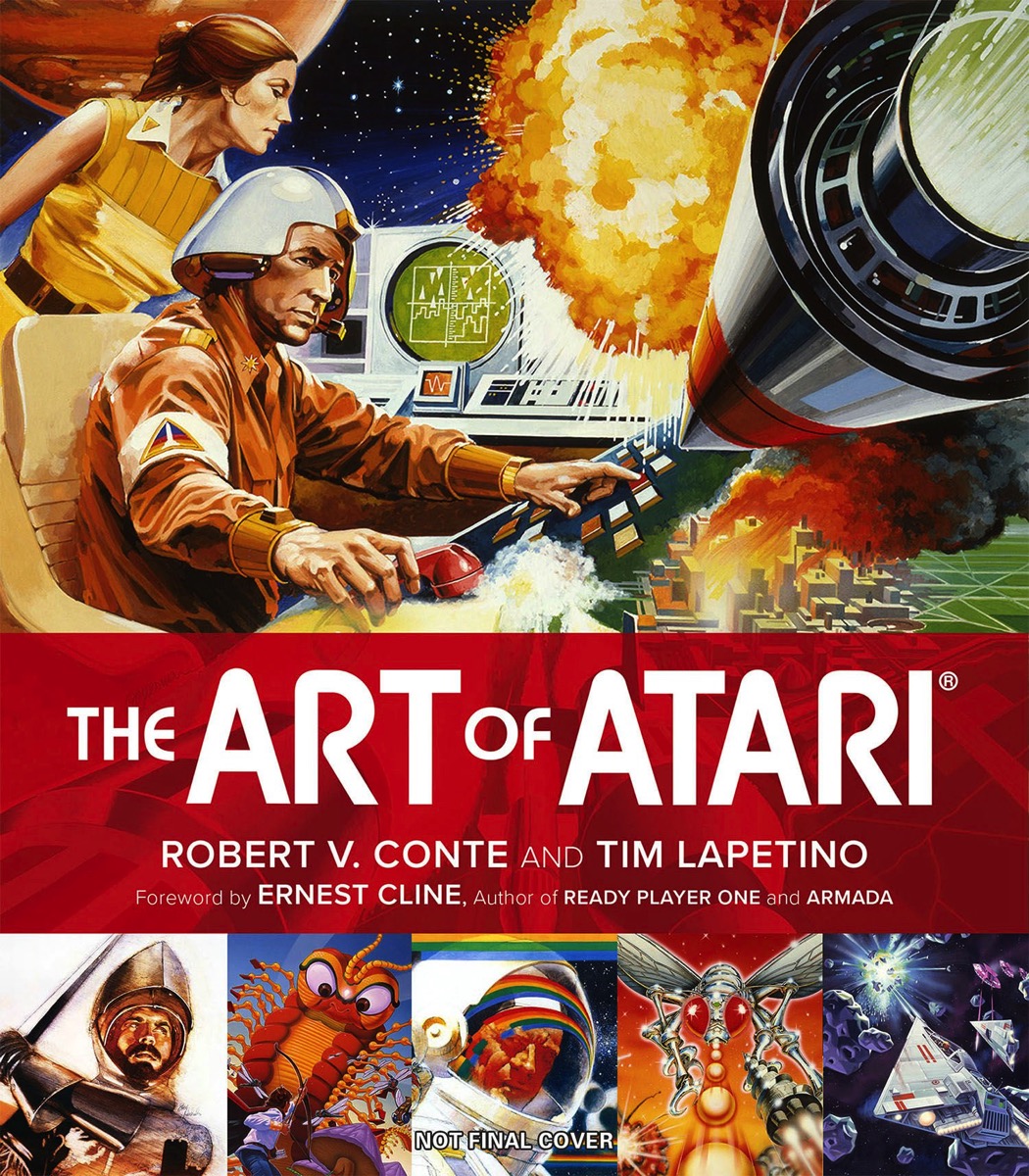
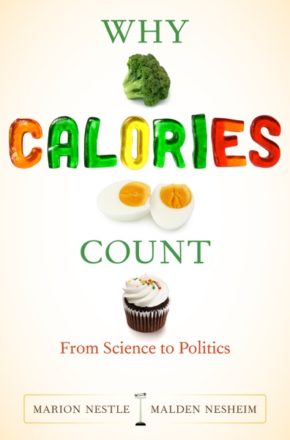
 Book: “Waking Up”
Book: “Waking Up” Again, I’m kind of cheating here.
Again, I’m kind of cheating here.  Serious “Star Wars” nerds
Serious “Star Wars” nerds  Holy shit, “
Holy shit, “
